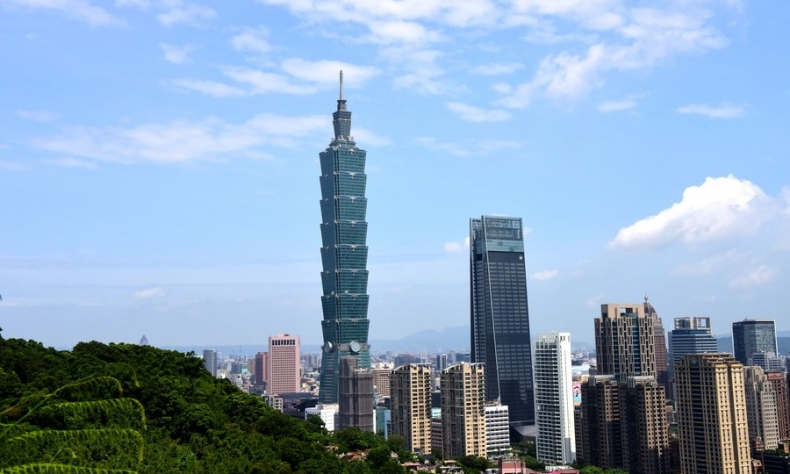Taiwan Plays Vaccine Politics

The combination of communication and cooperation has now become an unstoppable trend across the Taiwan Straits.
The 117,000 doses of British AstraZeneca vaccine shots that arrived in Taiwan on March 3 made up the first batch of vaccines the island had received at that point. Nevertheless, this relatively small number of vaccines simply is not sufficient for distribution among frontline medical staff, let alone among regular residents across the island.
One year after the outbreak of the COVID-19 pandemic, residents in the Chinese mainland, Hong Kong and Macao are now all eligible to get vaccinated, while the coronavirus vaccine roll-out has already become a prevalent push toward immunity around the globe, including in a lot of developing countries. However, the accessibility to vaccines is still a headache for the public in Taiwan. A deeper analysis of this “non-availability” shows that the difficulty at hand seemingly stems from the political hostility toward the Chinese mainland on the part of Taiwan leader Tsai Ing-wen and her Democratic Progressive Party (DPP).
Currently, the global coronavirus vaccine distribution mainly hails from laboratories across China, the United States, Russia, the UK, France, and Germany, whereas the vaccines as a global public good are largely from China. So far, China has provided vaccines to 69 developing countries in urgent need of vaccines on a free-of-charge basis and exported them to 43 countries. These numbers remain on the rise.
The mainland will never turn a blind eye to the need for vaccines in Taiwan as it considers those living across the Taiwan Straits fellow countrymen. Even so, the DPP chooses to politicize those vaccines produced on the Chinese mainland by publicly questioning their liability, safety and efficacy. The island’s epidemic prevention authorities have repeatedly stressed the fact that Taiwan will not approve, let alone distribute, mainland-made vaccines. Various business people from Taiwan did, however, voluntarily receive their vaccination in Beijing—with the help of the associations of Taiwan-funded enterprises on the mainland. Nonetheless, their move was subsequently discredited by DPP authority as affiliated media outlets described them as having been “coerced into getting the jab.”
To sacrifice the public’s health and life for the purpose of one’s own political interests is triggering a strong reaction, backlash even, from the residents of Taiwan. The DPP’s refusal of mainland vaccines possibly comes from two underlying reasons.
The first may be the concern that the vaccines will help to bring closer nationals across the Straits; the second perhaps is that the DPP, out of its “independent” intentions, wants to take advantage of the vaccines to stoke up hostility toward the mainland so as to disrupt and block all communication and exchange between the island and the mainland.
Nothing matters more than people’s lives and wellbeing, especially amid the ravages of the COVID-19 pandemic. Following the outbreak of COVID-19, China has spared no efforts to help the rest of the world win the battle against the virus. After a coronavirus vaccine was worked out, China is offering the vaccine as a global public good and exporting vaccines to countries that need them the most.
The fact that the leaders of several countries have already been inoculated with Chinese vaccines proves a strong testament to their safety and efficacy. The matter of Taiwan’s DPP authority casting doubt on mainland-produced vaccines directly undermines the public’s right to health and life security.
China’s active participation in international cooperation in the war against the pandemic and its substantial distribution of aid to other countries and regions intend to protect more people from the virus without any political agenda.
The combination of communication and cooperation has now become an unstoppable trend across the Taiwan Straits. DPP efforts to alienate fellow nationals through rumors and mistrust for the sake of ulterior political motives are doomed to fail.
 Facebook
Facebook
 Twitter
Twitter
 Linkedin
Linkedin
 Google +
Google +










